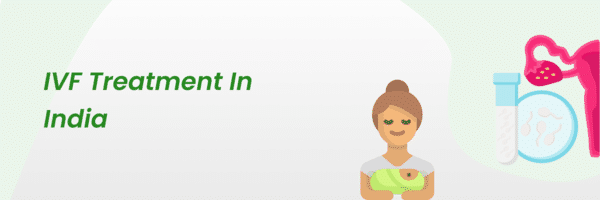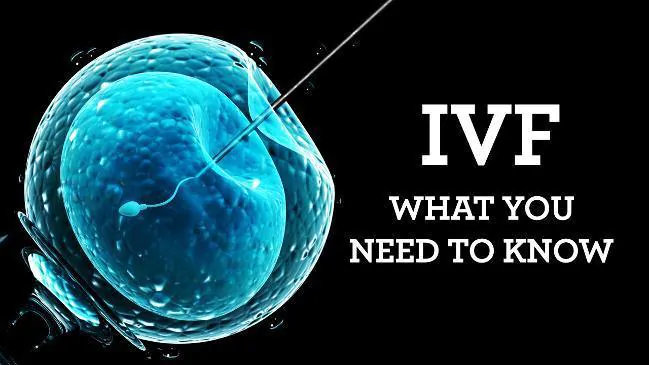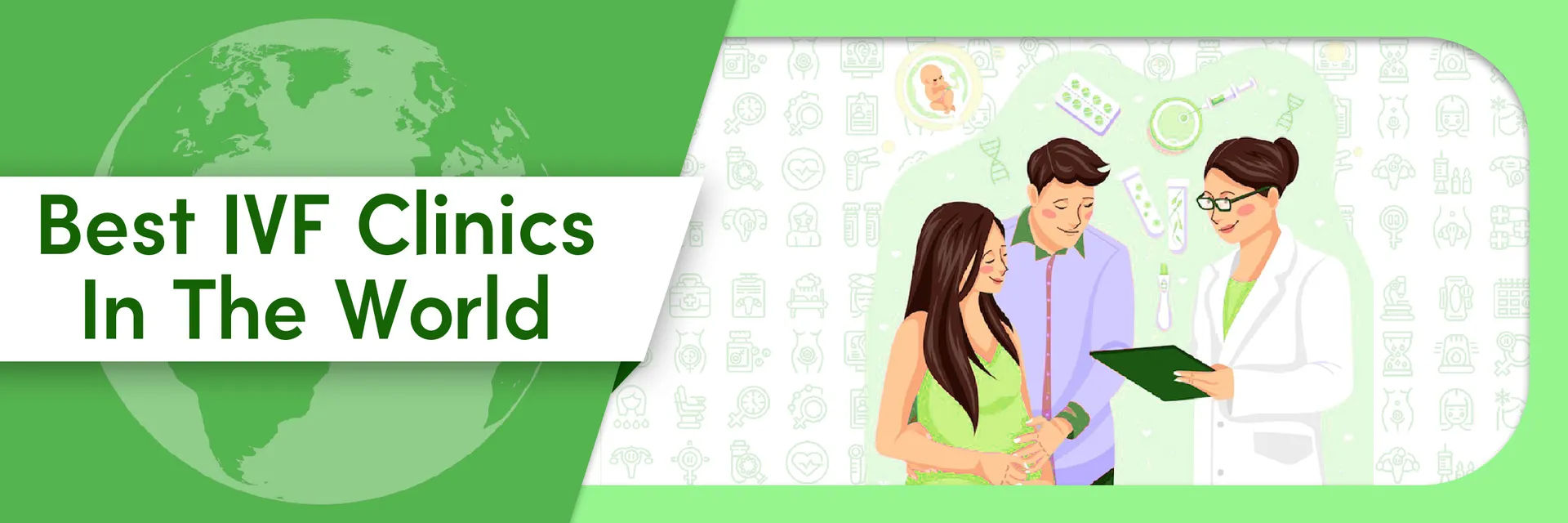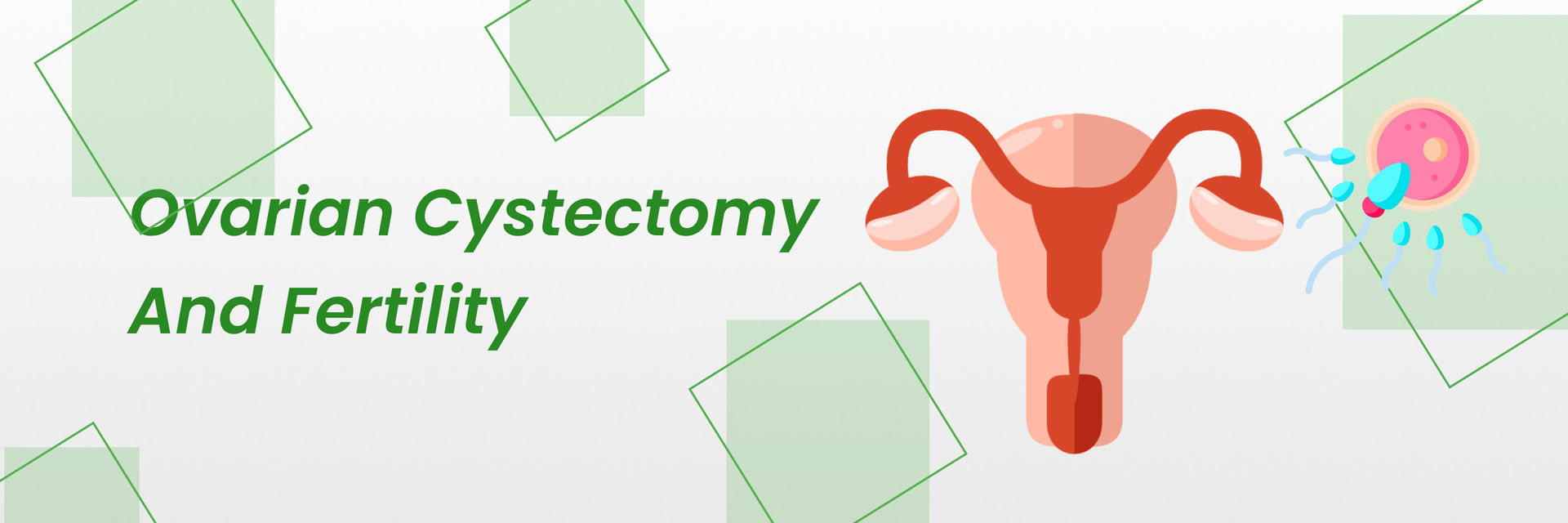Overview
Ectopic pregnancy is a rare and potentially life-threatening condition. Ectopic pregnancies occur in about 1-2% of all pregnancies in the United States.
In this condition, a fertilized egg implants outside the uterus, mostly in the fallopian tube. As the embryo grows, it causes the fallopian tube to rupture. This leads to internal bleeding and other complications. Ectopic pregnancy requires prompt medical attention to prevent serious health consequences.
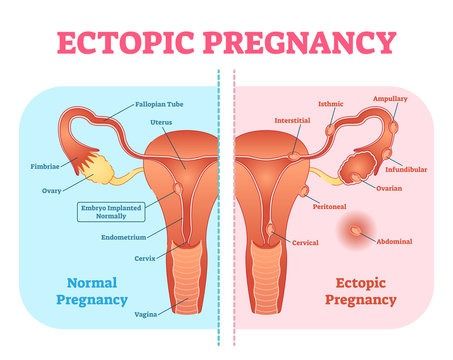
The question that would be coming to your mind might be, “How common is ectopic pregnancy in IVF and why is it so common?” Read below to get all your answers!
Is ectopic pregnancy common with IVF?
Ectopic pregnancy is one of the most common complications associated with IVF. According to a study, the incidence rate of ectopic pregnancy in IVF is around 2-5%. This is a much higher rate than ectopic pregnancy in natural conception.
This is because fertility treatments increase the likelihood of multiple pregnancies. Since more embryos are transferred, there is a higher risk of ectopic pregnancy. IVF medications also cause changes in the fallopian tube, which further increases the risk of ectopic pregnancy.
Take the first step to recovery. Get in touch with us for your treatment.
Why is ectopic pregnancy more common in IVF?
According to the Ectopic Pregnancy Trust, the risk of ectopic pregnancy is higher in women who have had fertility treatments like IVF. The reason why ectopic pregnancy is more common in IVF is not entirely clear. There are several factors that could contribute to this increased risk of ectopic pregnancy during IVF.
- One possible explanation is the use of fertility drugs in IVF. These drugs alter the way in which fallopian tubes contract and move the fertilized egg. This leads to the egg getting stuck in the fallopian tube and getting implanted there instead of in the uterus.
- Another reason could be, the transfer of the embryo too close to the fallopian tube. This increases the chances of the embryo getting implanted there. Tubal blockage or damage increases the risk of ectopic pregnancy during IVF.
It is very important to know the cause of the condition to better prevent it. Below, we have listed the possible causes of ectopic pregnancy.
How does IVF cause ectopic pregnancy?
The exact cause of ectopic pregnancy in IVF is not fully understood. Abnormalities in the fallopian tube and embryo transfer techniques are believed to be possible causes. In IVF, the embryo is transferred directly into the uterus, bypassing the fallopian tube.
However, in some cases, the transferred embryo migrates to the fallopian tube and gets implanted there. This results in an ectopic pregnancy.
Moreover, if the transferred embryo is of poor quality or an underlying condition affects the uterus or fallopian tube, it increases the risk of ectopic pregnancy during IVF.
Do not stop! Read on to learn how you can avoid an ectopic pregnancy.
Can you avoid ectopic pregnancy with IVF?
There is no guaranteed way to prevent ectopic pregnancy entirely. But, there are some steps that can help prevent ectopic pregnancy in IVF:
- Ensure that your IVF doctor is experienced enough in embryo transfer protocols. Taking due measures will help reduce the chances of an ectopic pregnancy.
- Undergo a thorough screening process to be assured that you have no other condition that can cause an ectopic pregnancy.
Take charge of your health with the best treatment. Book your consultation now.
How may the symptoms of ectopic pregnancy differ in IVF patients?
In general, the symptoms of ectopic pregnancy are similar for all women. It doesn't matter if the conception was natural or through IVF.
The general symptoms of ectopic pregnancy include:
- Vaginal bleeding
- Abdominal pain
- Shoulder pain
- Dizziness
- Fainting
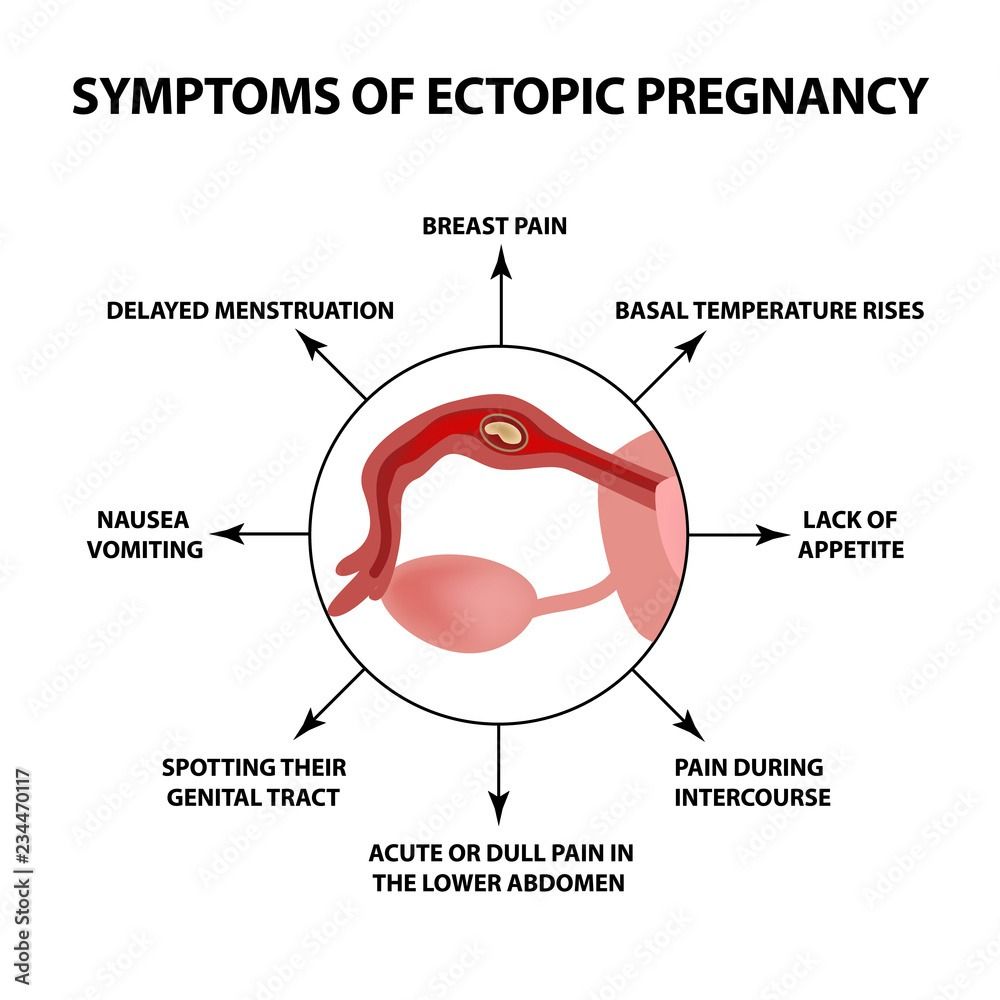
However, IVF patients may experience some unique symptoms, like:
- Discomfort or pain around the site of embryo transfer
- Elevated levels of HCG hormone.
- Bleeding or cramps
Risk Factors for Ectopic Pregnancies
There are a number of risk factors for ectopic pregnancy, including:
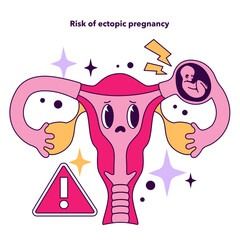
Previous ectopic pregnancy | Women who have had a previous ectopic pregnancy are more likely to have another one. |
Inflammation or infection of the fallopian tubes | This can damage the tubes and make it difficult for an egg to implant in the uterus. |
Pelvic inflammatory disease (PID) | PID is a sexually transmitted infection that can cause inflammation of the fallopian tubes. |
Use of an intrauterine device (IUD) | IUDs are a type of birth control that works by preventing sperm from reaching the egg. However, they can also increase the risk of ectopic pregnancy. |
Age | Women over the age of 35 are at an increased risk of ectopic pregnancy. |
Smoking | Smoking can damage the fallopian tubes and increase the risk of ectopic pregnancy. |
Infertility | Women who have difficulty getting pregnant are at an increased risk of ectopic pregnancy. |
Assisted reproductive technology (ART) | ART, such as in vitro fertilization, can increase the risk of ectopic pregnancy. |
According to experts at Welzo, an online healthcare platform,
To minimize the risk of ectopic pregnancy during IVF, careful monitoring and evaluation are crucial. Steps can include thorough assessment of the fallopian tubes, monitoring hormone levels to ensure appropriate development of the uterine lining, and monitoring embryo development and placement during the transfer process.
Is IVF high risk for ectopic pregnancy?
Compared to natural conception, IVF is associated with a slightly higher risk of ectopic pregnancy. If the transfer of the embryo is not done properly, it may result in implantation outside the embryo.
The advancements in IVF techniques and careful monitoring of patients can help reduce the risk of ectopic pregnancy during IVF.
Now that you know the causes and symptoms, you should also know what treatments are available for it. Read further for valuable insights!!
What are the treatment options for ectopic pregnancy in IVF patients?
The various treatment options for ectopic pregnancy in IVF patients include:
Medical treatment | This involves the use of medications like methotrexate to terminate an ectopic pregnancy. This method is effective during the early stages of ectopic pregnancy and the HCG levels in the body are also not high. You should make a note, this method is not always effective and surgery might be required in some cases. |
Surgical treatment | This involves the removal of an ectopic pregnancy through laparoscopic surgery. If the fallopian tube is damaged, it is also removed during the surgery. Surgery is recommended for people who are experiencing severe symptoms of ectopic pregnancy or whose HCG levels are very high. |
Expectant management | This involves close monitoring of the patient's HCG levels and symptoms to see if the ectopic pregnancy resolves on its own. It is typically only recommended in cases where the ectopic pregnancy is very small, and the patient is not experiencing severe symptoms. |
According to experts at Welzo,
When an ectopic pregnancy occurs after IVF, management and treatment options depend on various factors such as the location and viability of the pregnancy, the individual's overall health, and the preferences of the patient and healthcare provider. Treatment options may include medication (methotrexate) to dissolve the pregnancy, surgical intervention (laparoscopy or laparotomy) to remove the ectopic pregnancy, or in rare cases, conservative management.
The biggest question remains whether IVF would be successful with an ectopic pregnancy.
How successful is IVF after an ectopic pregnancy?

The success rates of IVF after an ectopic pregnancy vary. Studies have reported that success rates are 40%-50% for couples who undergo IVF after an ectopic pregnancy.
The chances of having a successful IVF pregnancy depend on several factors, like:
- Age of the patients
- Underlying causes, if any
Your well-being is our priority - call us to book your appointment today.
References:
https://www.sciencedirect.com/

